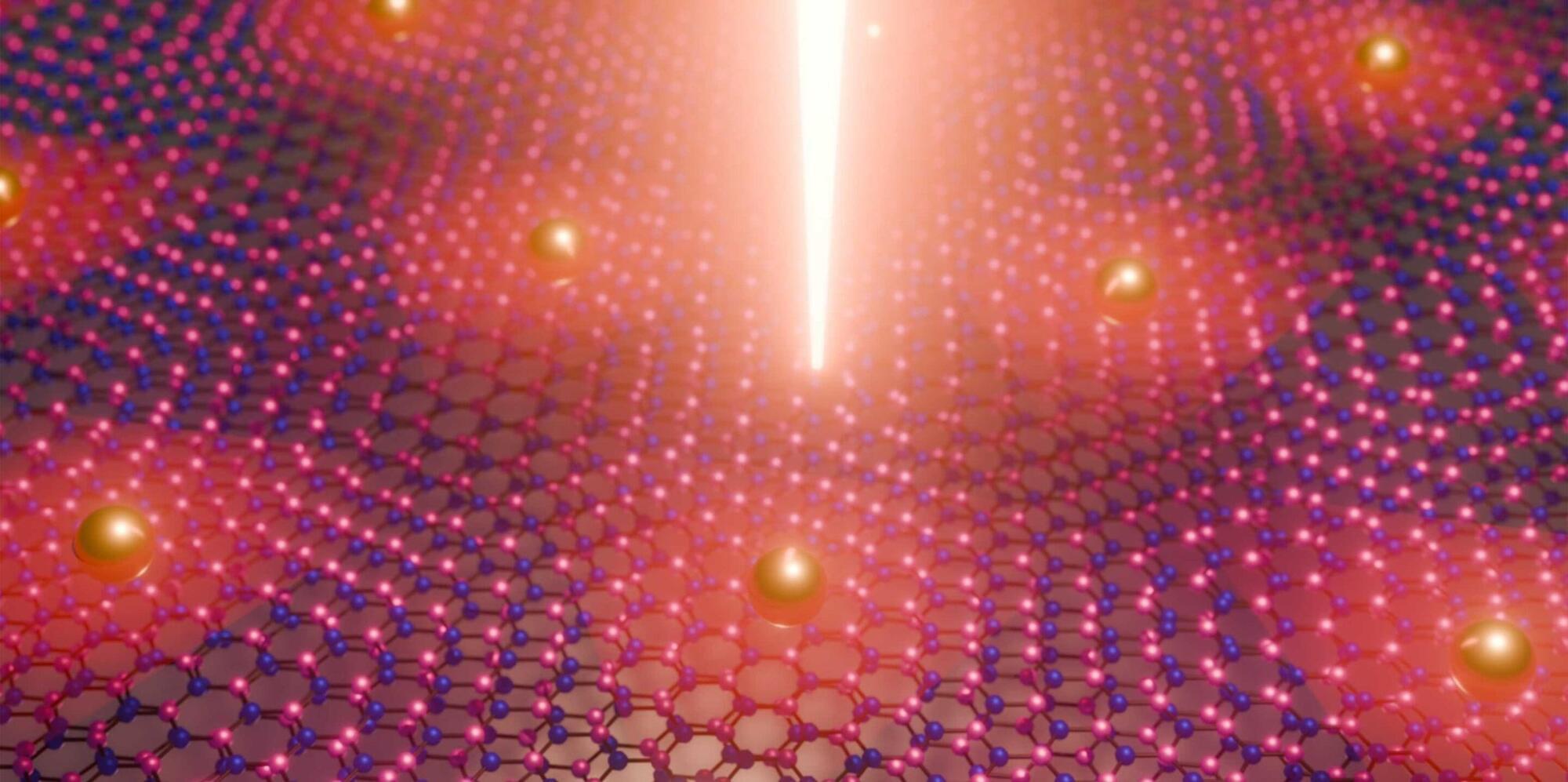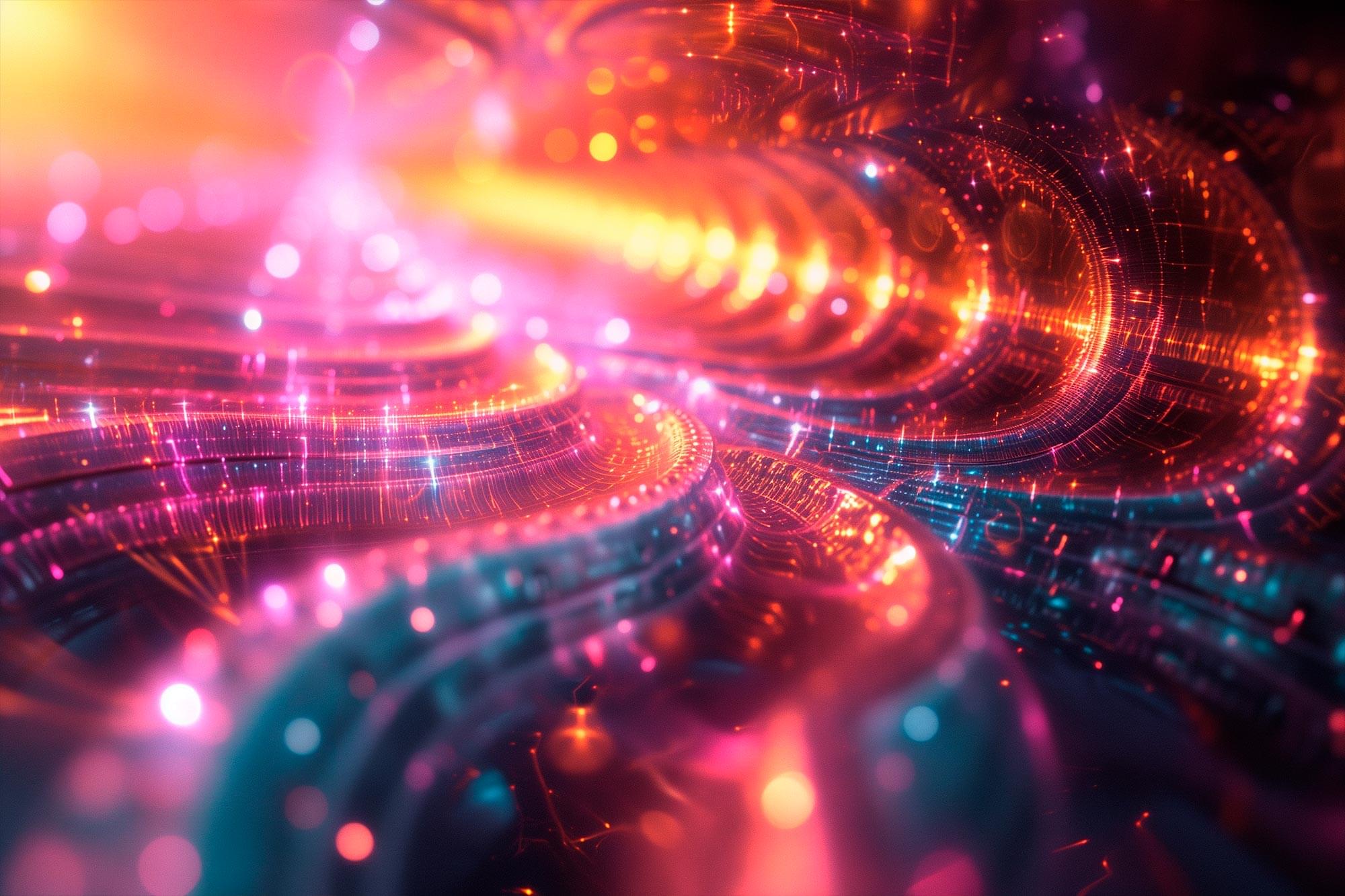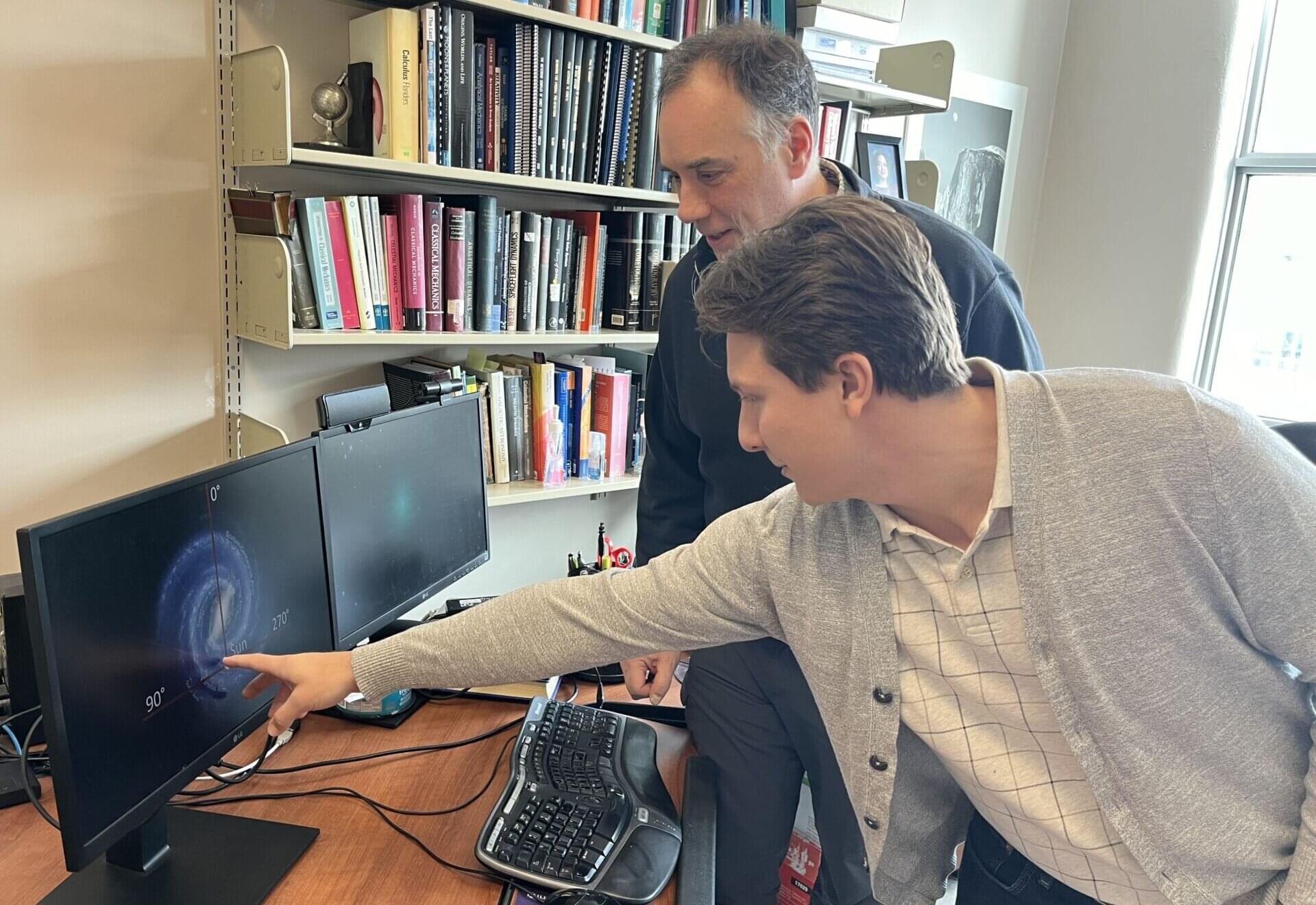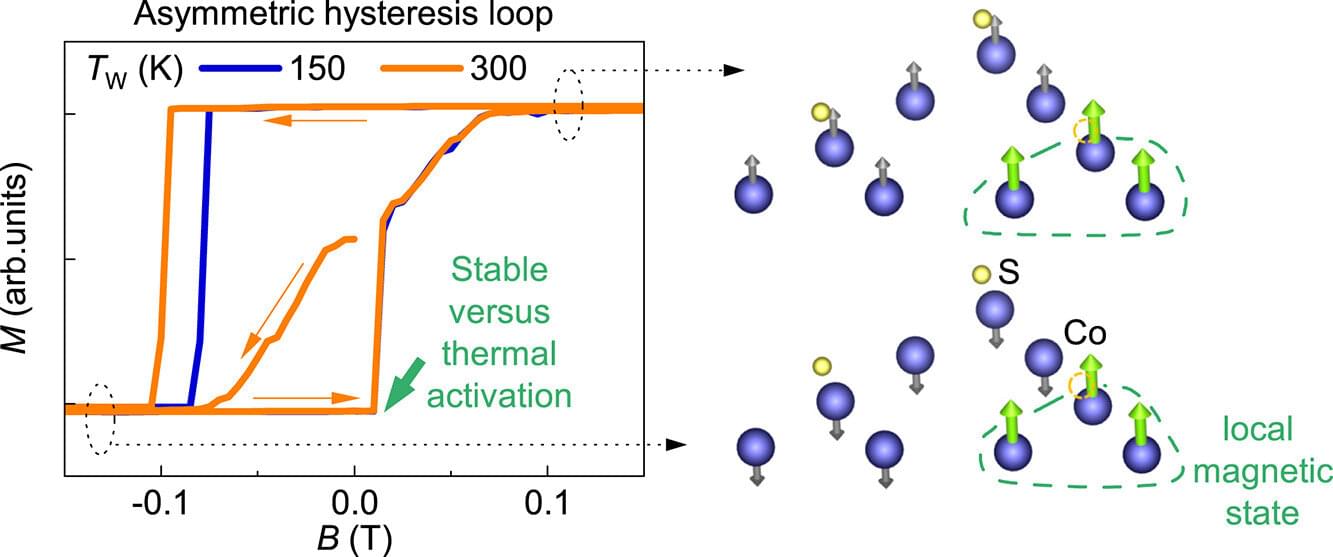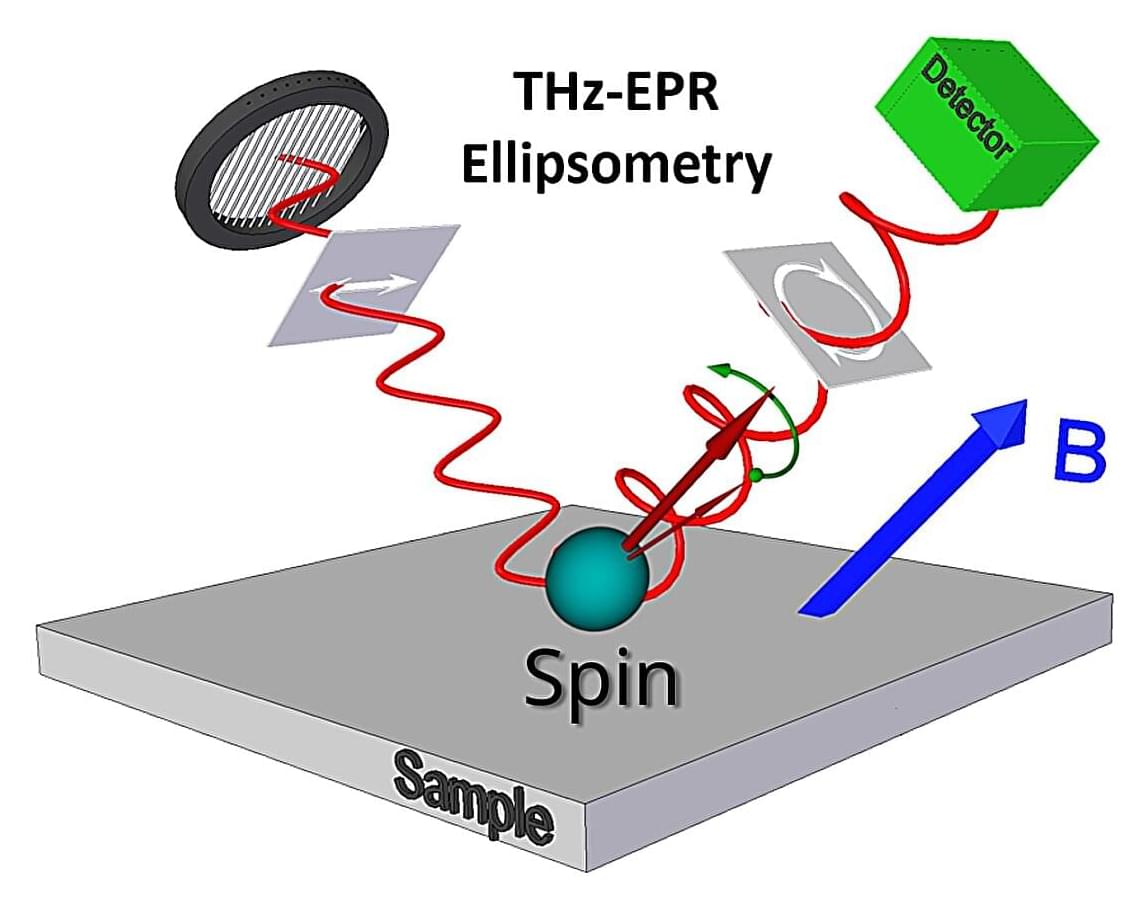“I give you God’s view,” said Toby Cubitt, a physicist turned computer scientist at University College London and part of the vanguard of the current charge into the unknowable, and “you still can’t predict what it’s going to do.”
Eva Miranda, a mathematician at the Polytechnic University of Catalonia (UPC) in Spain, calls undecidability a “next-level chaotic thing.”
Undecidability means that certain questions simply cannot be answered. It’s an unfamiliar message for physicists, but it’s one that mathematicians and computer scientists know well. More than a century ago, they rigorously established that there are mathematical questions that can never be answered, true statements that can never be proved. Now physicists are connecting those unknowable mathematical systems with an increasing number of physical ones and thereby beginning to map out the hard boundary of knowability in their field as well.

